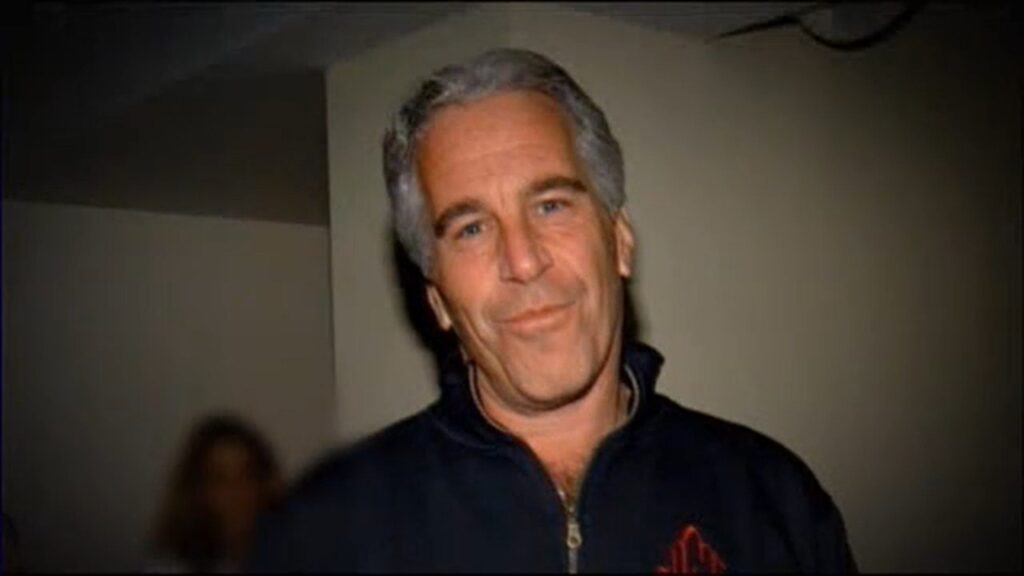The recent unsealing of court documents related to Jeffrey Epstein has reignited public outrage and scrutiny in the United States over the late financier’s vast and shadowy sex trafficking operation. The files, released in 2024 as part of a civil defamation lawsuit involving Epstein’s longtime associate Ghislaine Maxwell, include names of several high-profile individuals allegedly linked to the abuse or its cover-up.
Jeffrey Epstein, who died in jail in 2019 under controversial circumstances while awaiting trial on sex trafficking charges, had cultivated relationships with powerful figures in politics, business, and academia. The newly unsealed documents contain testimonies from victims who describe how Epstein and Maxwell groomed and exploited underage girls over a span of decades. Some documents suggest that notable individuals either participated in or turned a blind eye to the abuse.
The U.S. justice system is now facing fresh calls for accountability, as critics argue that Epstein’s network was protected for years by systemic failures and elite influence. Lawmakers are demanding further investigations into how Epstein amassed his wealth, who funded his lavish lifestyle, and why prior charges were dropped or avoided.
The revelations have also sparked broader discussions about how victims of sexual exploitation are often silenced, and how wealth and connections can shield perpetrators from justice. Advocacy groups are urging Congress to strengthen trafficking laws and ensure victims receive proper support and legal representation.
While no new charges have been filed yet, legal experts suggest the documents could open the door to fresh civil or criminal cases. As the Epstein saga continues to unfold, the public is left grappling with how such a sprawling abuse network persisted for so long and whether justice can truly be served in its wake.

